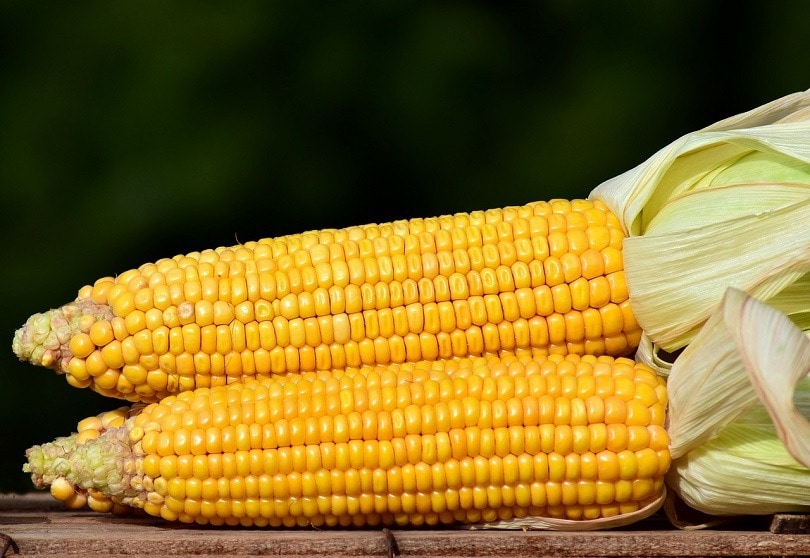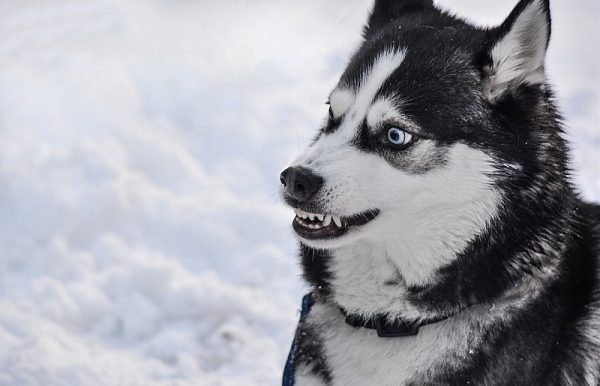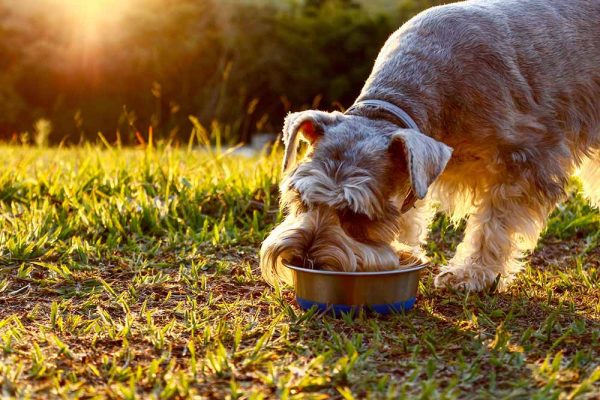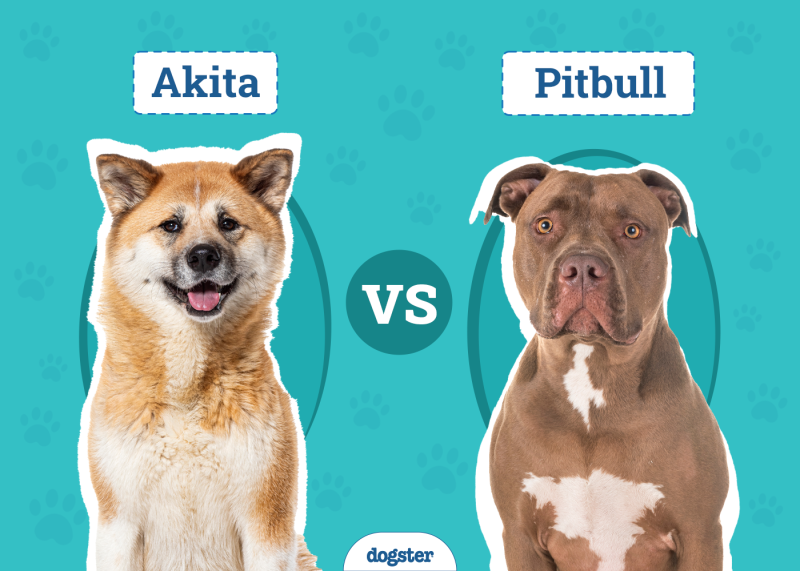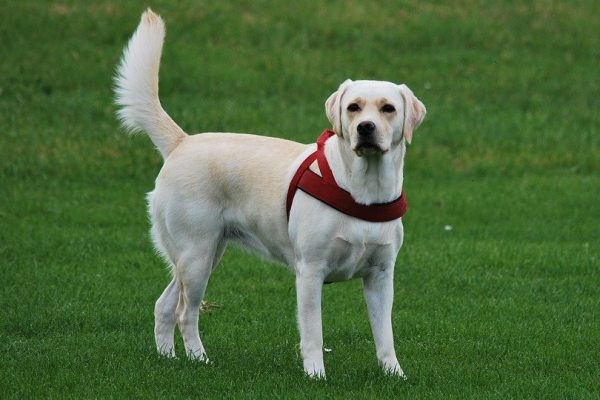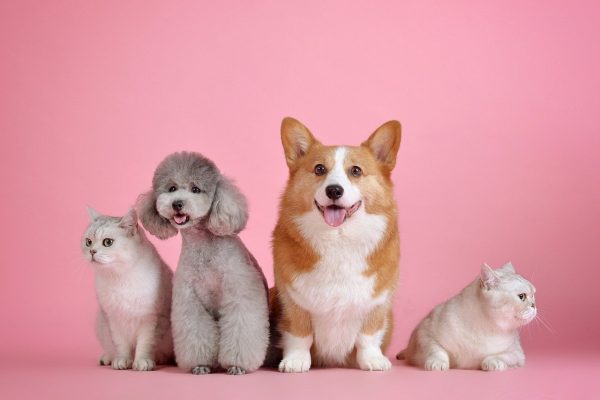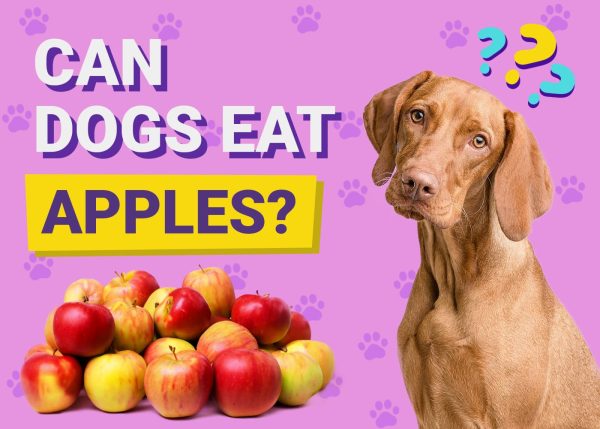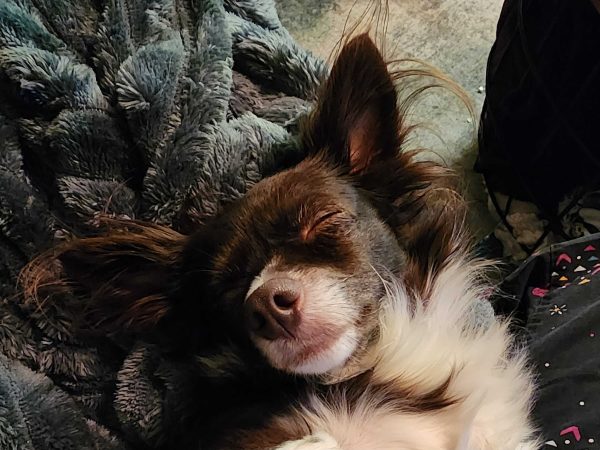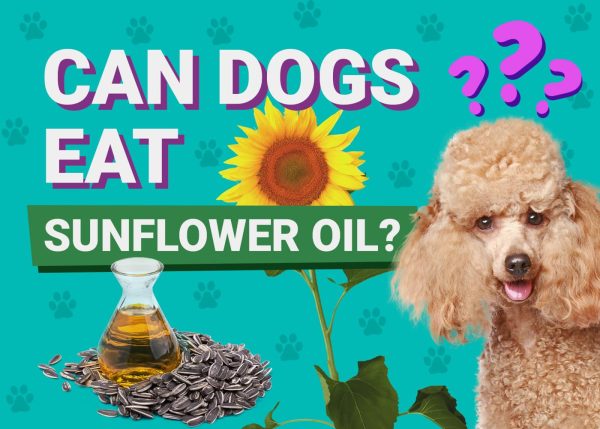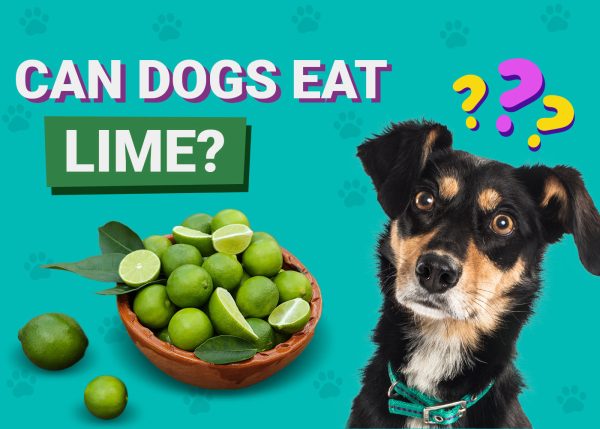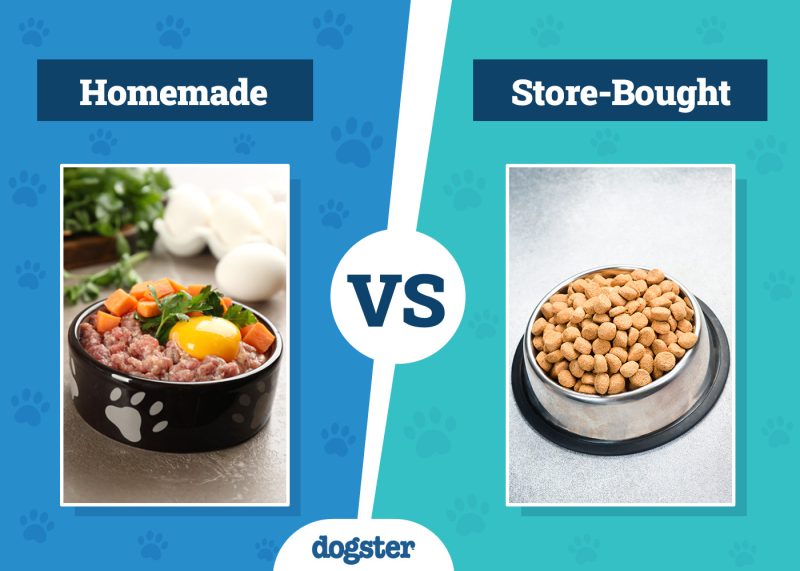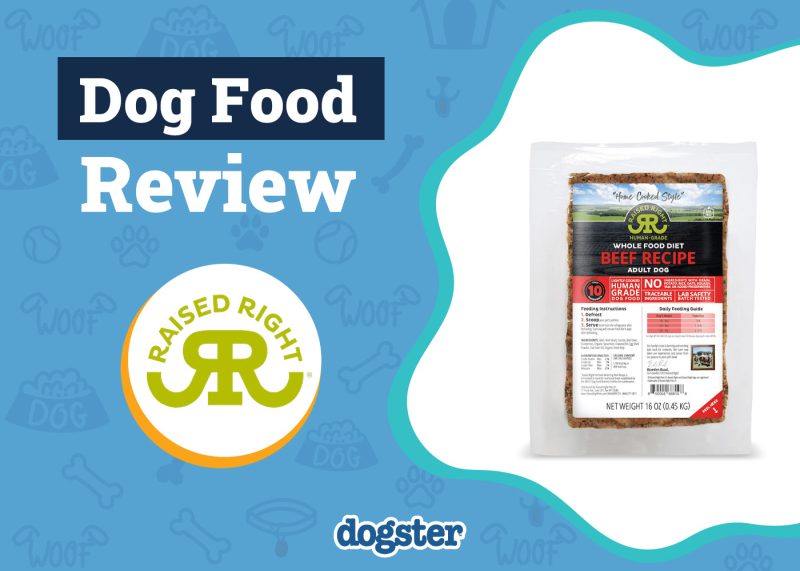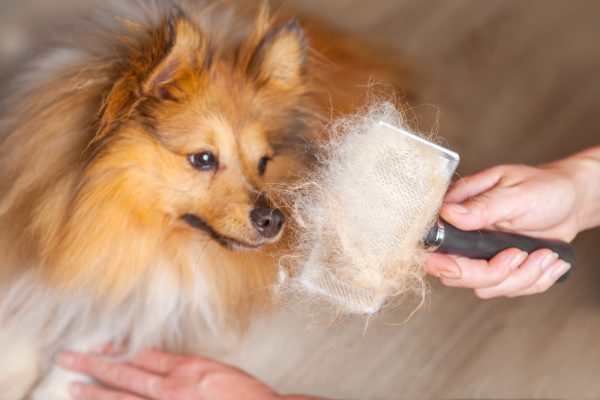In this article
You’re having a barbecue, and suddenly, you notice that your dog has scoured through the leftovers on a plate that somebody dropped on the ground. You realize that your dog has consumed a corn cob. Should you be concerned? How long will that corn cob stay in your dog’s stomach?
A corn cob can stay in a dog’s stomach for days, weeks, or even months, depending on the size of the corn cob they ate and the size of the dog.

How Long Will a Corn Cob Stay in My Dog’s Stomach?
The answer to this question isn’t simple because this is a highly variable situation. Did your dog swallow a whole corn cob or just a piece of one? Did they chew it up into tiny pieces or eat a big chunk? How large is the dog? In some cases, corn cobs have been found in a dog’s stomach weeks or months after being consumed because they are not something that the digestive system can digest properly.
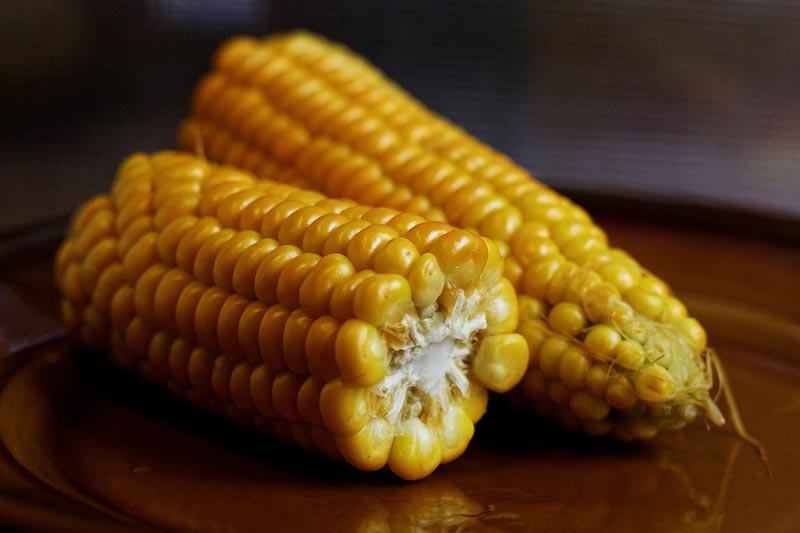
Is It Safe for Dogs to Eat Corn Cobs?
Absolutely not. Under no circumstances should you intentionally feed a corn cob to your dog. Corn cobs pose an extremely high risk of causing intestinal obstruction in a dog. Even if your dog is very large, there is still a high risk of a corn cob causing an obstruction. The smaller your dog (or the bigger the corn cob piece they ate), the higher the risk of obstruction.
If your dog ate a corn cob, you should immediately contact your veterinarian. They’ll likely advise you to bring the dog in to be seen. Sometimes, inducing vomiting may remove the corn cob if it’s in pieces, but you should never attempt to induce vomiting in your dog at home for something like this without explicit direction from your vet. Your dog will be safer having vomiting induced at your vet’s clinic, assuming that’s the treatment direction your vet wants you to go.
If your dog develops an obstruction from consuming a corn cob, this is a medical emergency and should be treated with urgency. This type of obstruction often involves surgical intervention to remove the obstruction. Sometimes, corn cobs can be removed via an endoscope, which isn’t particularly invasive. However, if the corn cob has moved out of the stomach, it’s very likely your dog will need to have open abdominal surgery to remove the obstruction from the intestines.
If you need to speak with a vet but can't get to one, head over to PangoVet. It's our online service where you can talk to a vet online and get the advice you need for your pet — all at an affordable price!
Conclusion
It is absolutely not safe for your dog to consume corn cobs, and if they do, you should immediately contact your vet. They will give you guidance on the next steps. Corn cobs don’t typically digest very well, so they could be in your dog’s GI tract for days or weeks until they cause a problem. It’s best practice to prevent dogs from getting anywhere near corn cobs from a preventative standpoint!
- Related Read: Can Dogs Eat Hominy?
Featured Image Credit: ulleo, Pixabay
